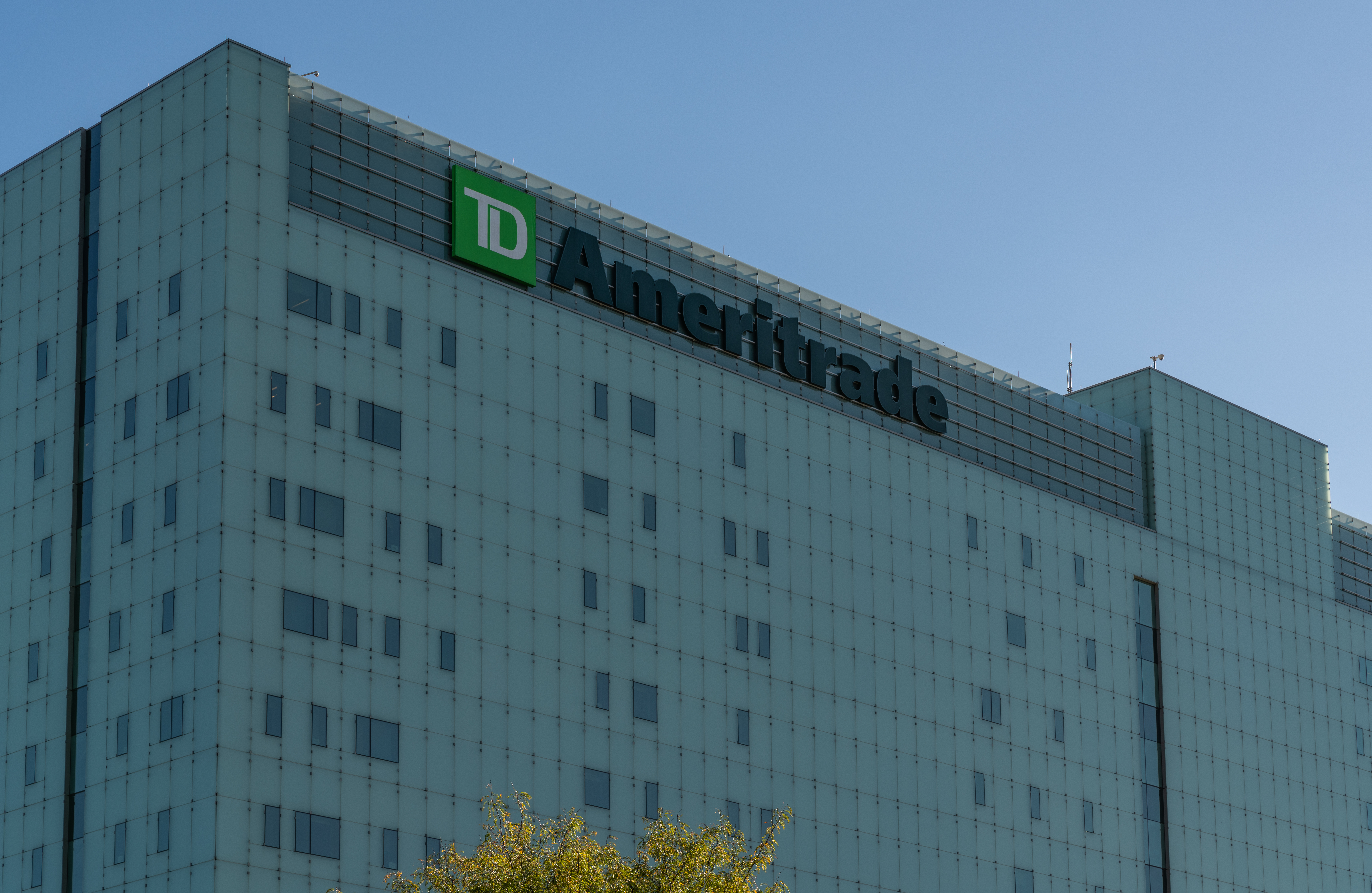Options trading 101
- Introduction to Options Trading
- Pros & Cons of Trading Options
- Basic Concepts in Options Trading
- Trading Calls and Puts
- Popular Options Trading Strategies
- Advanced Trading Strategies
- Navigating Brokerage Platforms
- A Real-Life Approach to Options Trading
Navigating Brokerage Platforms
Executing Trades on Major Brokerage Platforms

American online broker.
Trading options requires a good understanding of how to execute trades on brokerage platforms. This unit will provide an overview of some of the major brokerage platforms and guide you through the process of executing trades on these platforms.
Overview of Major Brokerage Platforms
There are several brokerage platforms available for options trading. Here are a few of the most popular ones:
-
E*TRADE: Known for its user-friendly interface and extensive research resources, E*TRADE is a great platform for both beginners and experienced traders.
-
TD Ameritrade: This platform offers comprehensive research tools and educational resources. It also provides a wide range of investment options.
-
Robinhood: Known for its commission-free trades, Robinhood is a mobile-first platform that's popular among younger, tech-savvy investors.
-
Interactive Brokers: This platform is favored by professional traders for its advanced tools and features. It also offers access to international markets.
How to Execute Trades
Here's a step-by-step guide on how to execute trades on these platforms:
-
Log in to your account: You'll need to create an account and log in to start trading.
-
Select the options trading feature: Navigate to the options trading section of the platform.
-
Choose the option contract: Search for the specific option contract you want to trade. You'll need to specify the underlying asset, strike price, and expiration date.
-
Enter your order: Choose the type of order you want to place. This could be a market order (buy or sell at the best available price), a limit order (buy or sell at a specific price or better), or a stop order (buy or sell once the price reaches a certain level).
-
Review and submit your order: Before you submit your order, make sure to review all the details. Once you're ready, you can submit your order.
-
Monitor your trade: After your order is executed, you'll need to monitor your trade and make any necessary adjustments.
Understanding Order Types
Understanding the different types of orders is crucial for successful options trading. Here's a brief overview:
-
Market orders: These orders are executed at the best available price in the market. They're typically filled quickly, but the final price may be different from the expected price if the market is volatile.
-
Limit orders: These orders are executed at a specific price or better. They give you more control over the price, but there's no guarantee that they'll be filled.
-
Stop orders: These orders are triggered once the price reaches a certain level. They can be used to limit losses or protect profits.
In conclusion, executing trades on brokerage platforms is a key skill for options trading. By understanding how to use these platforms and the different types of orders, you can make more informed trading decisions.